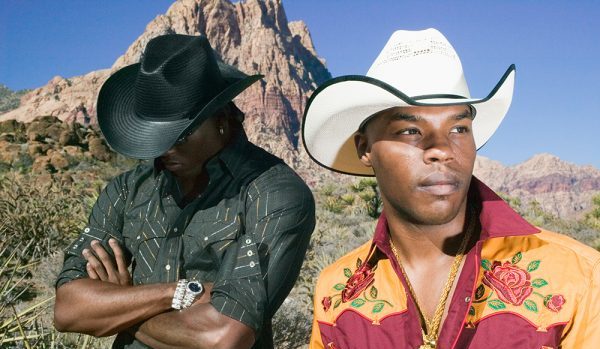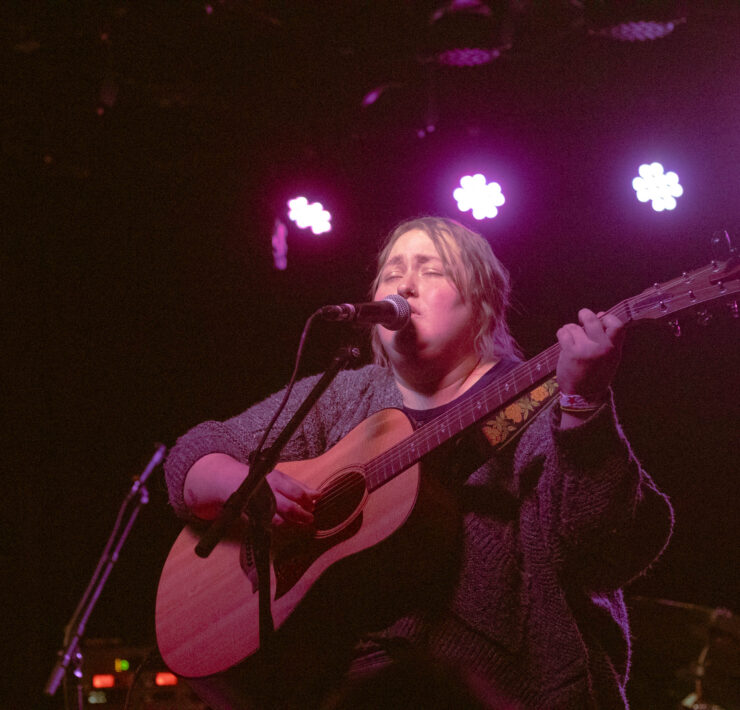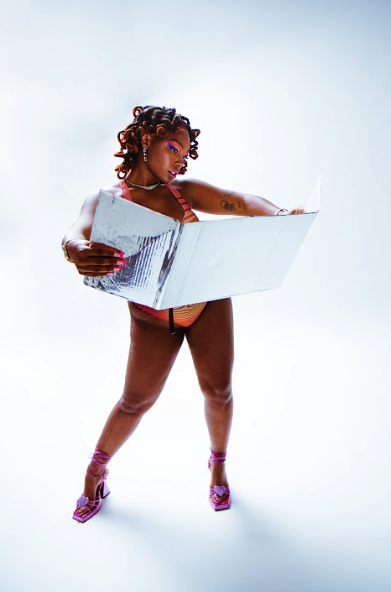Cowboy and Black: A Western Identity

“I gloried in the danger, and the wild and free life of the plains, the new country I was continually traversing, and the many new scenes and incidents continually arising in the life of a rough rider.” -Nat Love
Let me save someone from having to write the email about me being a snowflake for painting history to feed my own cultural needs. Cowboys who are also Black, despite attempts to whitewash history, are as old and connected to cowboy culture as any other group. They’re the badasses that inquisitive Black students wanted to learn more about, the protagonists in a more factual and more inclusive understanding of the American West at a time when cowboys like them helped build and defend communities.
This magazine could be read in any corner of the planet, but being that it is a Denver-based outlet, I would be remiss if I did not give some space in this article to Bill Pickett, the namesake of the Bill Pickett Invitational, which has roots in this city dating back more than 30 years. One reason you may not have heard more about this cowboy, who could have been one of the most famous and accomplished cowboys of his time, is because of the deeply entrenched racism he and his career faced in the early 1900s.
Native American as well as Black, this trailblazer was noticed by the 101 Ranch Wild West Show, which had popularized rodeo and made a personality out of Will Rogers. This was not some act of charity, however, as Bill Pickett was a capable, smart, special attraction for the production, who introduced bulldogging as an exciting yet dangerous spectacle to the world of rodeo.
Now known as steer wrestling, the practice he innovated of biting the lip of steers to control their direction has gone out of fashion, but steer wrestling as we now know it would not exist without Bill Pickett. In 1972, he became the first Black person inducted into the National Rodeo Cowboy Hall of Fame.
In a February article from Smithsonian Magazine, William Loren Katz, a scholar of African American history who has written 40 books about different aspects of that vast subject, was cited saying, “Right after the Civil War, being a cowboy was one of the few jobs open to men of color who wanted to not serve as elevator operators or delivery boys or other similar occupations.”
Black cowboys grew into prominence not out of the romanticized “rugged individualism” that benefitted white cowboys and settlers, but out of the need for labor that had once been readily available and free due to a large population of enslaved people.
It was tough work herding cattle without today’s technological conventions, and freed Black men found rare social and economic opportunities within this community.
Nat Love, another famous cowboy who was Black, spoke to the place of Black men in cowboy culture at the time, despite the racism all around them.
He said, “A braver, truer set of men never lived than these wild sons of the plains whose home was in the saddle and their couch, mother earth, with the sky for a covering. They were always ready to share their blanket and their last ration with a less fortunate fellow companion and always assisted each other in the many trying situations that were continually coming up in a cowboy’s life.”
Progressing technology, new transportation methods, and worsening oppression of Native Americans and Latinos diminished the need for cowboys as laborers on ranches, according to the Smithsonian. Of course, as would be expected for the time, this disproportionately impacted cowboys who were Black.
However, that does not mean that that community went away. In fact, that community survived and thrived. To this day, cowboy culture within the African American community is vibrant, but it is not without the legacy of racism that these brave cowboys and generations after them have faced.
Vincent Jacobs, a former rodeo rider, recalled to the BBC, “There would be separate rodeos for blacks and whites. It was hard, real hard — they would only let me perform after all the white people had been led out of the arena.”
Cleveland Walters, another cowboy, said that being a cowboy was hard work and painfully recounted, “I hate to think of the racism I went through. When it was branding time, they’d put 20 cows in the pen and I was the one who had to catch them and hold them down. The brander was white — so in other words all the hard, dirty work was done by the black cowboys.”
To this day, young cowboys of color from organizations ranging from the Cowboys of Color Rodeo to the Northeastern Trail Riders Association commemorate this history with memorial rides and rodeos that celebrate and highlight Black culture, cowboy culture, and the intersection of the two.
Black men absolutely shaped what it meant to be a cowboy, but this article doesn’t include many of the Black female cowboys, gay Black cowboys, Native American and Black cowboys, and others with different intersectional identities who gave of themselves to be cowboys and tend to the vast expanse of Western land.










